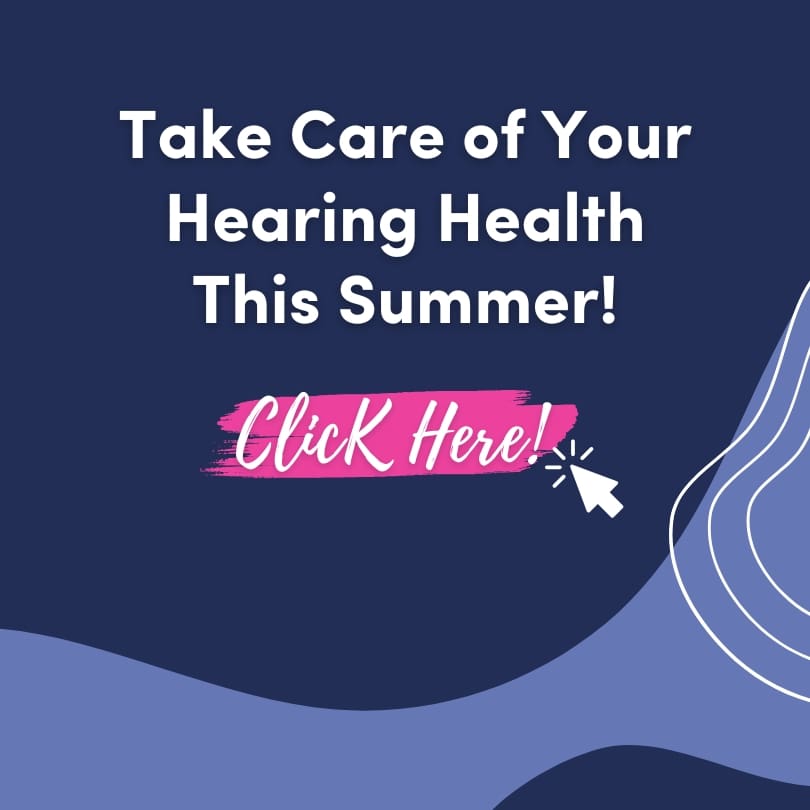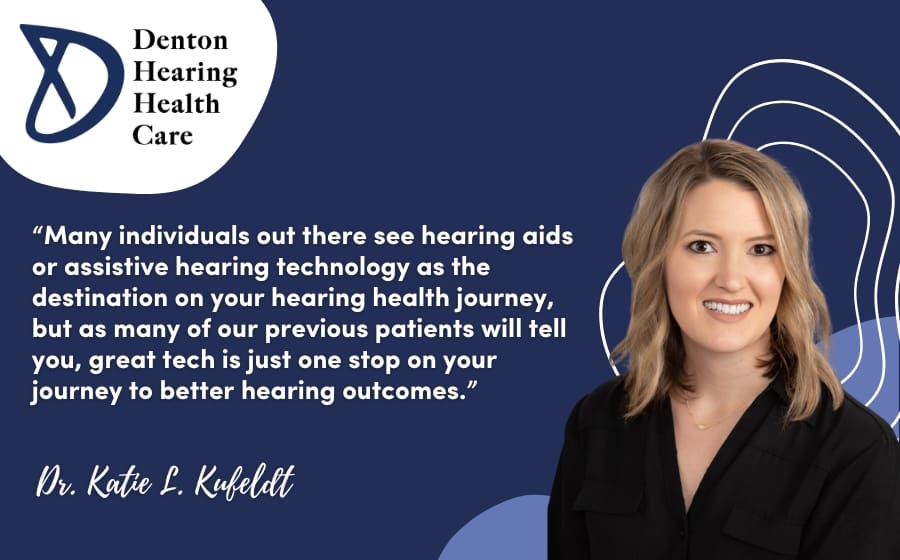You’re probably familiar with the sneezing, itchy eyes, and runny nose that accompany seasonal allergies, but did you know these allergies can also affect your ears?
Allergies can cause a range of ear-related issues, including muffled hearing, fluid buildup, and changes in ear pressure.
Here in Texas, the challenge of managing allergies can be more complicated due to the year-round presence of allergens. Our common allergens include cedar, oak, elm, ash, and pecan trees, along with Bermuda grass, ragweed, and mold spores—and they peak at different times throughout the year.
It’s important to be vigilant about your symptoms and their impacts on your ear health. Understanding these symptoms and their causes is crucial, especially if you’re continuously affected during allergy season—or beyond.
How Allergies Can Affect Ear Health
When your body detects allergens like pollen, dust, or mold spores, it reacts by releasing histamines. These chemicals cause your nasal passages and ear canals to swell, which can block the Eustachian tube, which connects the middle ear to the back of your throat.
When the Eustachian tube becomes blocked, it can lead to sensations of fullness, muffled hearing, and ear pressure changes, often causing discomfort and sometimes pain.
If you’re experiencing a “plugged” feeling in your ears during peak allergy times, this could be due to fluid behind the eardrum—a result of the Eustachian tube blockage.
Does it seem like you’re listening to sounds through a thick barrier? A quick trick to provide some relief is to pop your ears, as you would when you’re experiencing pressure changes on an airplane. This type of hearing change is typically temporary and should dissipate as your allergies are treated and the histamine effects subside.
Is It Allergies or Hearing Loss?
Distinguishing between temporary hearing changes caused by allergies and permanent hearing loss is essential.
Allergic reactions typically cause temporary blockages that can improve with the use of antihistamines and decongestants. However, if your hearing does not return to baseline or deteriorates, it may indicate hearing loss.
Seek professional advice to help determine whether you might benefit from hearing aids or need other treatments.
When to Seek Professional Help
While most allergy-related ear issues are temporary, persistent problems can be a sign of something more serious. If your hearing remains muffled, or if you experience ear pain, discharge, or significant dizziness, it’s time to consult a hearing care professional.
Diagnosing the exact cause of your symptoms is crucial. You can rest assured that our team of experts offers comprehensive evaluations and tailor-made solutions to address your needs.
Taking Proactive Steps for Your Hearing Health
To prevent allergy-related ear issues, consider routine management strategies at home. Using air purifiers, regularly cleaning your living space, and wearing masks outdoors during high-allergen days can reduce your exposure.
Additionally, maintaining open communication with your hearing care provider, especially during peak allergy seasons, ensures that your ear health is closely monitored and appropriate interventions can be undertaken quickly.
Request a callback to get in touch with our team or contact us directly at (940) 387-0550 for a more immediate conversation. By understanding and managing these symptoms, you’ll not only improve your quality of life during allergy seasons but also preserve your hearing for multiple summers to come!





